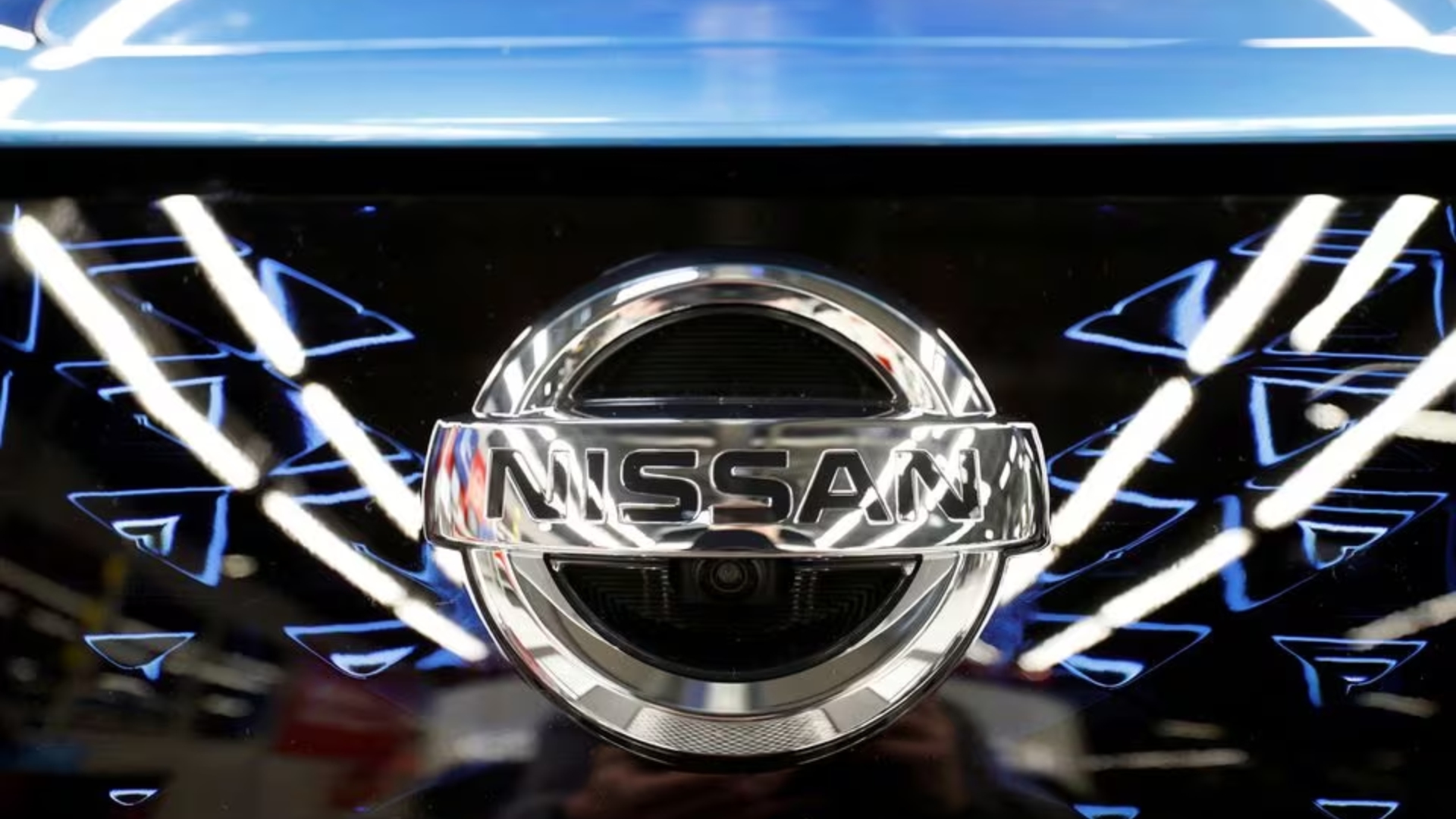TOKYO, (Reuters) – Nissan cut planned production by a third at its top Japanese plant this month, a move that will also see it slash output of a flagship crossover model, two people said, as it struggles with weak U.S. demand for its ageing line-up.
The Japanese automaker on Thursday reported an almost complete wipe-out in April to June profit and cut its full-year outlook after it was forced to offer deep discounts in the U.S., highlighting the deepening risk it faces in its largest market.
Unlike rivals Toyota and Honda, Nissan doesn’t offer hybrid models in the U.S. and therefore hasn’t benefitted from recent upswing in demand from U.S. consumers for hybrids as enthusiasm around EVs has cooled.
The car maker now plans to produce just under 25,000 vehicles at its Kyushu plant in southwest Japan this month, according to two people with knowledge of the situation. Both declined to be identified because the information isn’t public.
Nissan was not immediately able to comment, a spokesperson said.
The company expects to make around 10,000 of the Rogue crossover for export at the plant, half of what it had previously planned to make this month of the popular car, the sources said.
In addition to Kyushu, Nissan also makes Rogue models in Smyrna, Tennessee.
Line workers in Kyushu were now working fewer than the usual eight hours a day due to the scaled-back production, and were clocking a little more than seven hours a day, one of the people said.
Nissan had been left with a build-up of 2023 models of the Rogue in the U.S., and those were getting harder to sell with the roll-out of the 2024 model, a second person said.
It had to offer aggressive incentives to clear out the 2023 model, while holding back on aggressive promotion of the higher-margin 2024, the person said.
HYBRID WOES
Nissan said in March it would launch 30 new models over the next three years and aimed to raise its global sales by 1 million vehicles while cutting costs to improve profitability.
In 2023 it sold around 3.4 million vehicles globally, up 5% from a year earlier.
The target may now be a stretch, said Seiji Sugiura, an analyst at Tokai Tokyo Intelligence Laboratory.
“Even if Nissan tries to sell luxury or expensive cars, it doesn’t have that kind of brand power in the United States. You can see that when you look at the prices of used cars,” he said. “They have to give discounts, they have to sell with incentives.”
Although Nissan sells two EVs in the U.S., it has been caught out by not offering hybrids in that market, betting instead that U.S. consumers would be interested in gasoline-powered cars or EVs. That is likely to continue to weigh.
“The overall U.S. market is seeing a shift in demand toward hybrids,” analysts at Goldman Sachs wrote in a note to clients, adding Nissan’s hybrid launch wasn’t expected in the U.S. until 2026.
Nissan has said that of its 30 planned new models, 16 would be electrified, including eight EVs and four plug-in hybrids.
CEO Makoto Uchida told a briefing on Thursday the company would look to strengthen its line-up in North America, including with plug-in hybrids, but declined to give specific timing.
It will be “some time” before the stock market factors in the company’s envisioned margin expansion based on new models, Goldman Sachs said.
Globally, Nissan’s inventory now stands at 640,000 vehicles, the highest level in more than four years. The state of its U.S. business marks another complication for an automaker that is already dealing with years of shrinking market share in China.
The U.S. and China are Nissan’s two biggest markets, and the rise of powerful new players in China like BYD could mean the Japanese automaker ends up being even more dependent on the U.S. as prospects in China shrink.
Reporting by Maki Shiraki and Daniel Leussink; Writing by David Dolan; Editing by Jan Harvey











